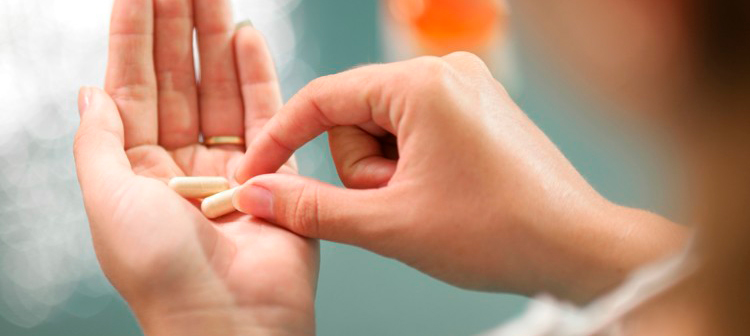A probiotic and cranberry supplement can signicantly reduce recurrent urinary tract infections (rUTIs) in premenopausal women, as well as shorten the duration of infections and reduce the need for antibiotic treatment, a study has shown.
The double blind, randomised, placebo-controlled trial, published in the journal Expert Review of Anti-Infective Therapy, included 90 pre-menopausal women (18+) who had been diagnosed with rUTI (two or more episodes in the last six months, or three or more episodes in the last 12 months).
The patients received either a placebo or the Bio-Kult Pro-Cyan supplement containing Lactobacillus acidophilus and Lactobacillus plantarum plus cranberry proanthocyanidins (PACs) and vitamin A (1 capsule twice per day) over the duration of six months.
Study author Dr Ashton Harper, medical director at ADM Protexin Limited, says: “UTIs are amongst the most common types of infection with the highest incidence occurring in adult women.
“Over 50% of all women will experience at least one UTI during their lifetime, with 20-30% suering from recurrent infections.
“However, the alarming rise in antibiotic resistance coupled with the negative ecological impact they can have on our benecial resident microbes results in a double-edged sword.
“The substantial reduction in both the number of UTIs and antibiotic courses achieved in this trial is extremely encouraging.”
Results
By the end of the trial, the incidence of rUTIs amongst those taking the probiotic and cranberry supplement versus the placebo was signicantly reduced with the supplement group almost four times less likely to experience a UTI than the placebo group.
The supplement group also produced statistically signicant improvements compared with the placebo group in several secondary endpoints, including: A longer period before the rst UTI (174 days vs 90), a reduced duration of infection (5 days vs 12), fewer women requiring antibiotic treatment for acute UTIs (3 women vs 11), fewer courses of antibiotics needed to treat acute UTIs (3 vs 14), the average duration of antibiotic treatment was >40% shorter than the placebo group (4 vs 7 days).
Antibiotic overuse
The researchers hope their ndings will provide relief from the overuse of antibiotics and the substantial demands placed on the NHS.
Dr Mohammed Naveed Baig, GP and senior partner at Riverhouse Surgery commented: “Urinary tract infections have a signicant impact on patients’ quality of life and are responsible for a substantial proportion of antibiotic prescriptions in the community.
“The reduction in frequency of recurrent infections and courses of antibiotics identied in this study are very promising. Further large-scale trials are needed to validate these positive results.”
Prof Glenn Gibson, professor of food microbiology and head of food microbial sciences at the University of Reading gave his insight into the potential mechanisms behind the results.
“The mechanisms of action here are likely direct inhibition of the pathogens responsible for UTIs, as well as overall immune stimulation,” he suggested.
“The added advantage is that good probiotics are safe for human use and therefore carry negligible risk.”
“This is a very well conducted and reported study that adds to the body of important data on positive eects of probiotics. UTIs are a source of much discomfort and pain for millions of women worldwide and anything that can be done to alleviate this is certainly welcome.
“It is good to see in vivo studies such as this, as these provide a much more reliable assessment of impact than animal or laboratory models.’
Dr Harper added that he hoped future research conducted in the hospital setting, with additional patient sub-groups, will broaden the scope of application of the supplement even further.
Fuente: Nutra Ingredients

